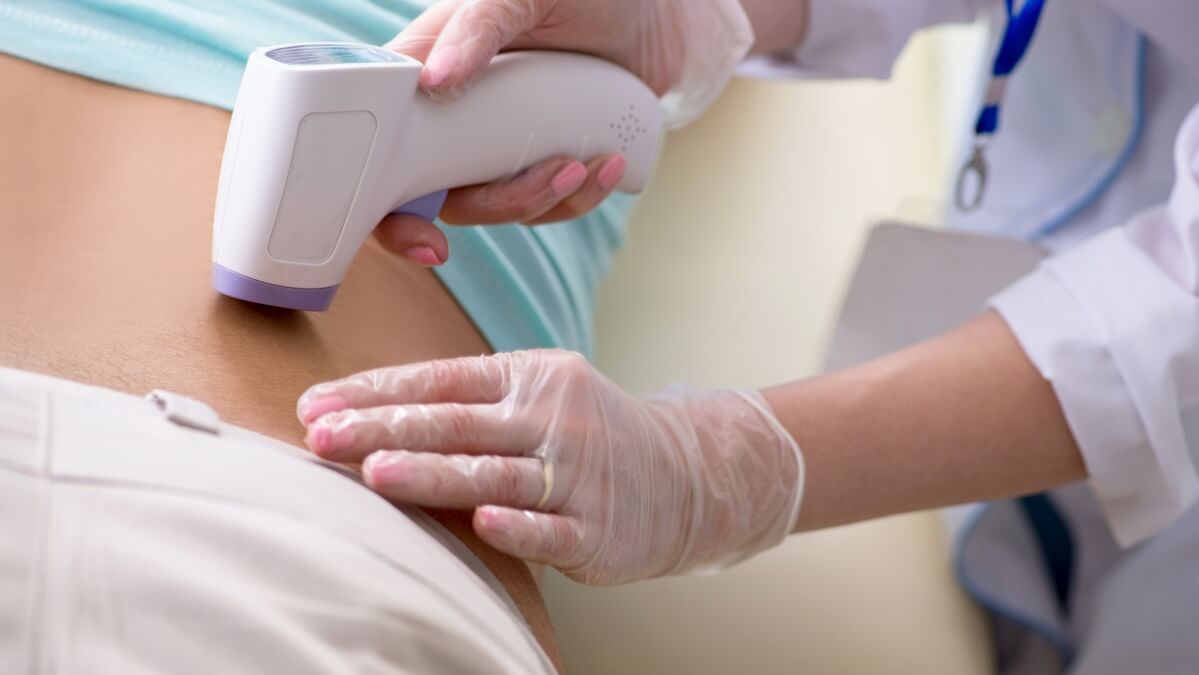A new treatment can remove kidney stones with minimal pain and no anaesthesia – meaning the patient can be awake for the procedure.
In a feasibility study published in The Journal of Urology, researchers from the University of Washington have demonstrated a potentially revolutionary new technique for treating kidney stones.
The technique is called burst wave lithotripsy (BWL) and uses directed bursts of ultrasound waves sent from a handheld transducer held on the skin to break up the stone, allowing the material in the stone to pass painlessly in your urine.
If this procedure sounds familiar, it bears many similarities to shock wave lithotripsy (SWL), an existing treatment for kidney stones that uses powerful acoustic pulses to break up the stone.
Read: Pumping weights could help you live longer
The big difference is that SWL can be very painful and often requires pain management, or even anaesthesia, whereas BWL does not.
Dr M. Kennedy Hall says the technique could revolutionise kidney stone treatment.
“It’s nearly painless, and you can do it while the patient is awake, and without sedation, which is critical,” he says.
If this technique is widely adopted, kidney stone procedures could eventually be done in GP clinics, rather than in hospitals.
Read: Warning signs of kidney problems
As a quick refresher, your kidney filters your blood and removes extra waste and water, which is then passed as urine. Occasionally, some of these waste chemicals in your urine can form crystals that clump together.
These clumps are called kidney stones. The stones are usually hard to the touch and can vary greatly in size and shape – from as small as a grain of sand to as large as a golf ball in extreme cases.
There are four main types of kidney stones.
Read: How to avoid kidney stones
The most common are calcium stones, often combined with oxalate or phosphate; truvite stones are often large, horn-shaped stones mostly caused by urine infections; uric acid stones are usually softer than other types of stones, and the rarest type are cystine stones, which are hereditary and look more like crystals than stones.
Most kidney stones pass by themselves in your urine within three to six weeks. But this can be extremely painful, and sometimes requires medical intervention and a hospital stay.
Have you had kidney stones? Could you benefit from this new procedure? Let us know your thoughts in the comments section below.

